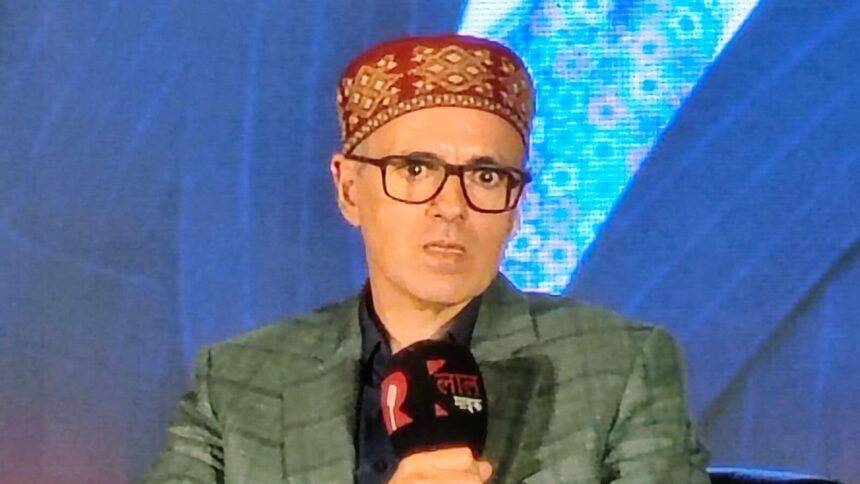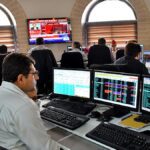Omar Abdullah, the Chief Minister of Jammu and Kashmir, remarked on February 27 that the security conditions in Jammu and Kashmir remain far from stable, even more than five years after the abrogation of Article 370.
Abdullah contended that the claimed normalcy by the BJP-led central government is not genuine but rather enforced, supporting his stance with various examples.
“If the current scenario in is truly organic, it would be quite different. If it’s created through fear, then that signals a serious issue,” he stated during the Red Mike Dialogues in New Delhi on February 27, while responding to inquiries about the recent decrease in strikes and activities by separatists and militants in
“A situation can only be suppressed through fear for a temporary period. If the central government believed that the circumstances were naturally occurring, they would not have closed down Jama Masjid in Srinagar to prevent the participation in the funeral prayers of his father-in-law. Such actions stem from the worry that a law and order crisis might erupt. A genuine law and order crisis emerges when normalcy is not authentic; it occurs when normalcy is imposed. Consequently, what exists in today is an artificial normalcy,” Abdullah explained.
On February 27, authorities prohibited Hurriyat chairman and the chief cleric of Kashmir from leading the funeral services for his father-in-law at the historic Jama Masjid in Srinagar.
Security for Mirwaiz Umar
Abdullah also mentioned the CRPF protection for Mirwaiz as a sign that the situation in the region is not truly normal.
“The need to secure the Mirwaiz with CRPF forces suggests that things are indeed not normal (in Jammu and Kashmir). If the Mirwaiz requires such protection, how can one assert normalcy?” Abdullah questioned.
Earlier this week, Abdullah faced criticism for associating separatist leader Mirwaiz Umar Farooq’s CRPF security with the alleged improvements in the region. During a media session in New Delhi on Thursday, Abdullah clarified that his statements regarding Mirwaiz’s security had been misconstrued.
Mirwaiz’s father, Mohammad Farooq, was assassinated on May 21, 1990, by unidentified gunmen at the Mirwaiz Manzil. “This indicates that the threats to the Mirwaiz have heightened rather than diminished. It implies that the capacity of militants to execute attacks has increased, not decreased,” Abdullah mentioned on Thursday.
If the Mirwaiz requires protection by CRPF forces, how can normalcy be claimed?
“The fact that the Mirwaiz is guarded by the same commandos assigned to protect national leaders such as the home minister and Rahul Gandhi suggests that the security landscape in Jammu and Kashmir is nowhere near normal. Yes, halaat badle hain, behtar huven hai who doosri baat hai (yes, things have changed, but whether for the better is debatable),” he added.
“Moreover, the necessity to safeguard Mirwaiz with CRPF indicates that the situation has not improved. During my previous tenure as chief minister, Mirwaiz was protected by . If circumstances have deteriorated so severely, provide us with security and order, and we will revert it to a state where Mirwaiz won’t require CRPF protection,” Abdullah concluded.










